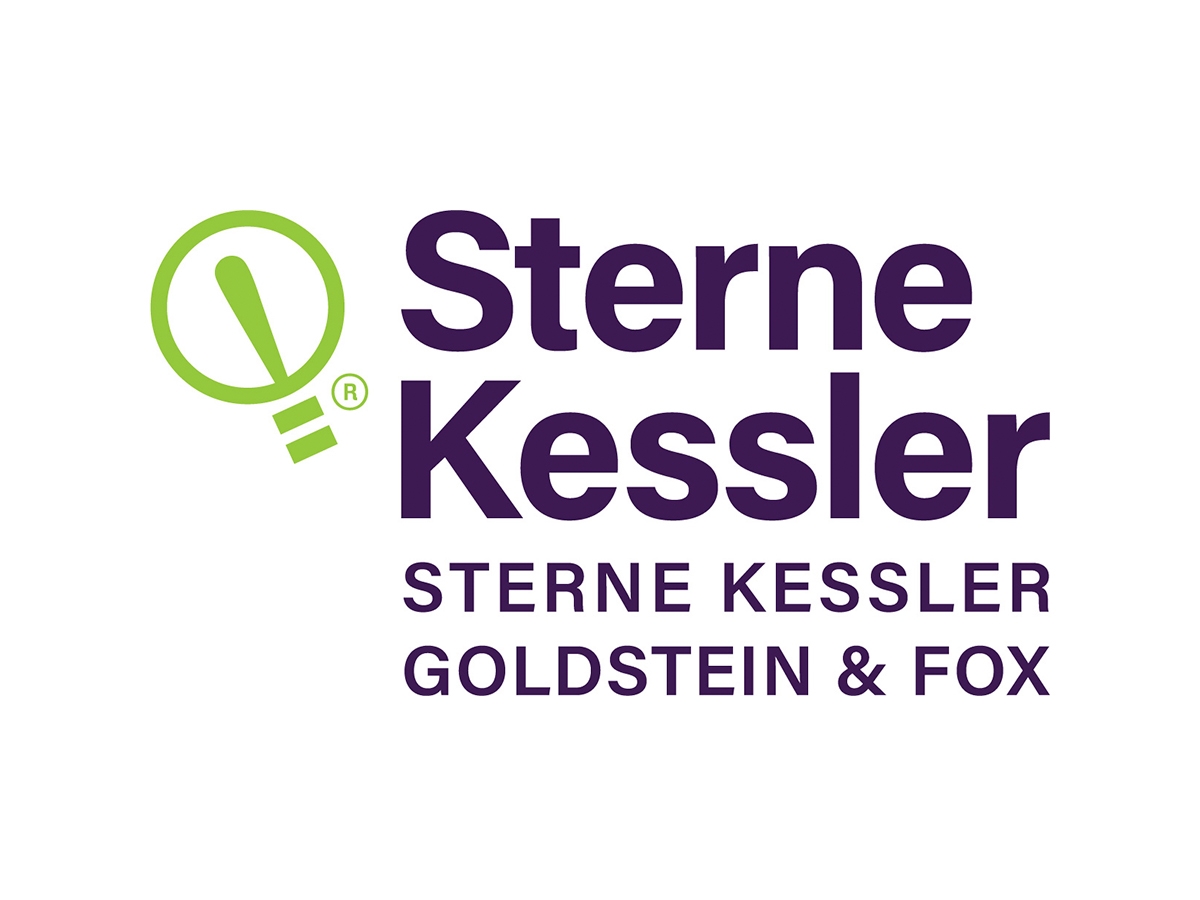Collecting Attorneys’ Fees From an Invisible Entity | Axinn, Veltrop & Harkrider LLP
Can a litigation financier controlling decisions from behind the scenes be held liable for fees under Section 285? The Federal Circuit may weigh in on this issue during oral arguments in Dragon Intellectual Property v. Dish on Wednesday.
This case has a long history, with Dragon having sued Dish for infringement of U.S. Patent No. 5,930,444 in the District of Delaware back in 2013, and the parties having been to the Federal Circuit twice already since then. In the present appeal, Dragon contests Judge Richard Andrews’ decision to award Dish $3.3 million under Section 285 across two cases. Dragon contends that the case is not exceptional under Section 285, and that Freitas, Dragon’s former counsel, may not be held liable for any portion of the award.
While the appeal was pending, Dish sought discovery under Fed. R. Civ. P. 69 to investigate Dragon’s ability to pay the award of attorneys’ fees and deposed Dragon’s corporate representative, Dr. Kai Zhu. The deposition revealed that Freitas financed the entire litigation, was entitled to receive a “big chunk” of the proceeds, and continued to make all of the decisions even after it withdrew as Dragon’s counsel. Dragon was revealed to be a shell company with no assets to satisfy the Section 285 judgment. Thus, Dish will argue to the Federal Circuit that the exceptional conduct for which Section 285 fees were awarded is all attributable to Freitas.
As my colleagues reported in December, Chief Judge Connolly in the District of Delaware has already been scrutinizing invisible third-party litigation funders that stand behind plaintiffs as potentially allowing “fraud on the court.” The Federal Circuit may provide further insight on its approach to these types of arrangements during oral argument on February 7th. Axinn also offers a CLE on issues that parties should consider in cases involving third-party litigation funders. Please contact the author of this article for more information.
“However, even though Dish’s counsel, Baker Botts, and Sirius’ counsel, Kramer Levin Naftalis & Frankel, netted a combined $3.3 million, the attorneys still were not awarded their full fee request and petitioned the court in August for the rest of the money.
www.law360.com/…





